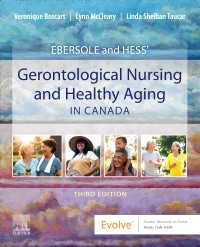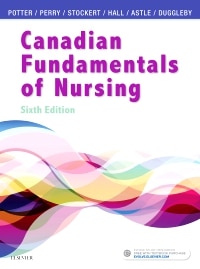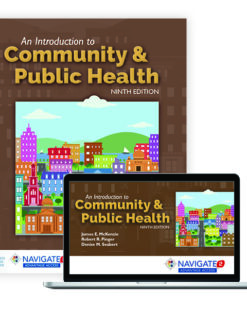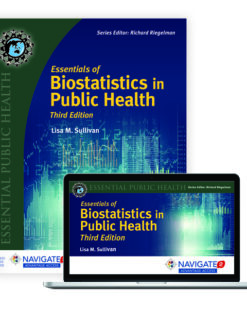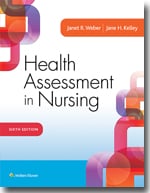Description
Unit 1: Health and Health Care in Canada 1. Health and Wellness 2. The Canadian Health Care Delivery System 3. The Development of Nursing in Canada 4. Community Health Nursing Practice
Unit II: Foundations of Nursing Practice 5. Theoretical Foundations of Nursing Practice 6. Evidence-Informed Practice 7. Nursing Values and Ethics 8. Legal Implications in Nursing Practice 9. Global Health 10. Indigenous Health (NEW) 11. Nursing Leadership, Management, and Collaborative Practice
Unit III: Approaches to Nursing Care 12. Critical Thinking in Nursing Practice 13. Nursing Assessment, Diagnosis, and Planning 14. Implementing and Evaluating Nursing Care 15. Documenting and Reporting 16. Nursing Informatics and Canadian Nursing Practice
Unit IV: Working with Patients and Families 17. Communication and Relational Practice 18. Patient-Centred Care: Interprofessional Collaborative Practice (NEW) 19. Family Nursing 20. Patient Education
Unit V: Caring Throughout the Lifespan 21. Developmental Theories 22. Conception Through Adolescence 23. Young to Middle Adulthood 24. Older Persons 25. The Experience of Loss, Death, and Grief
Unit VI: Psychosocial Considerations 26. Self-Concept 27. Sexuality 28. Spirituality in Health and Health Care 29. Stress and Adaptation
Unit VII: Scientific Basis for Nursing Practice 30. Vital Signs 31. Pain Assessment and Management 32. Health Assessment and Physical Examination 33. Infection Prevention and Control 34. Medication Administration 35. Complementary and Alternative Approaches in Health Care
Unit VIII: Basic Physiological Needs 36. Activity and Exercise 37. Quality and Patient Safety 38. Hygiene 39. Cardiopulmonary Functioning and Oxygenation 40. Fluid, Electrolyte, and Acid-Base Balances 41. Sleep 42. Nutrition 43. Urinary Elimination 44. Bowel Elimination
Unit IX: Patients with Special Needs 45. Mobility and Immobility 46. Skin Integrity and Wound Care 47. Sensory Alterations 48. Care of Surgical Patients
